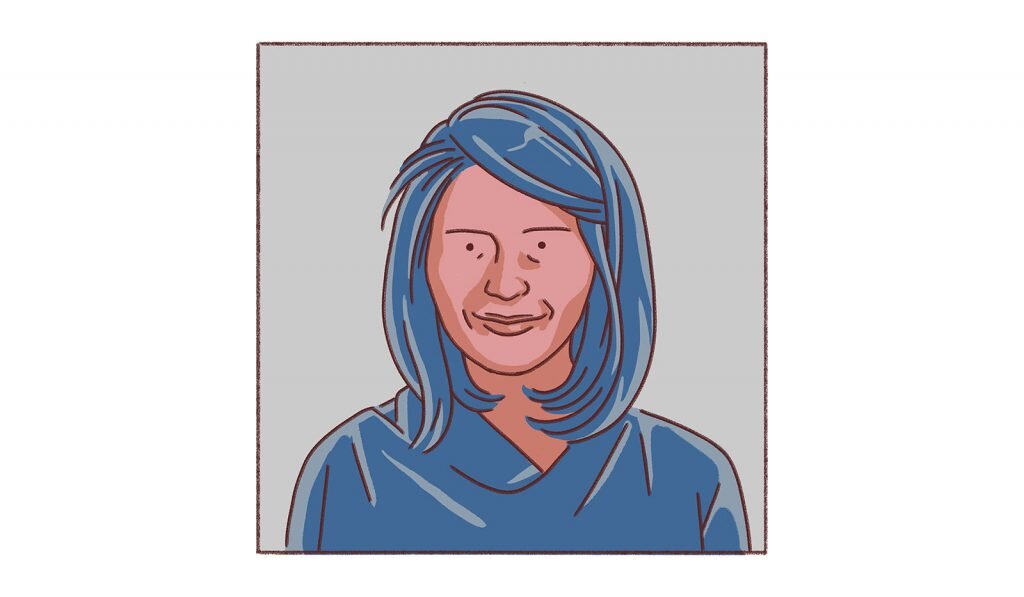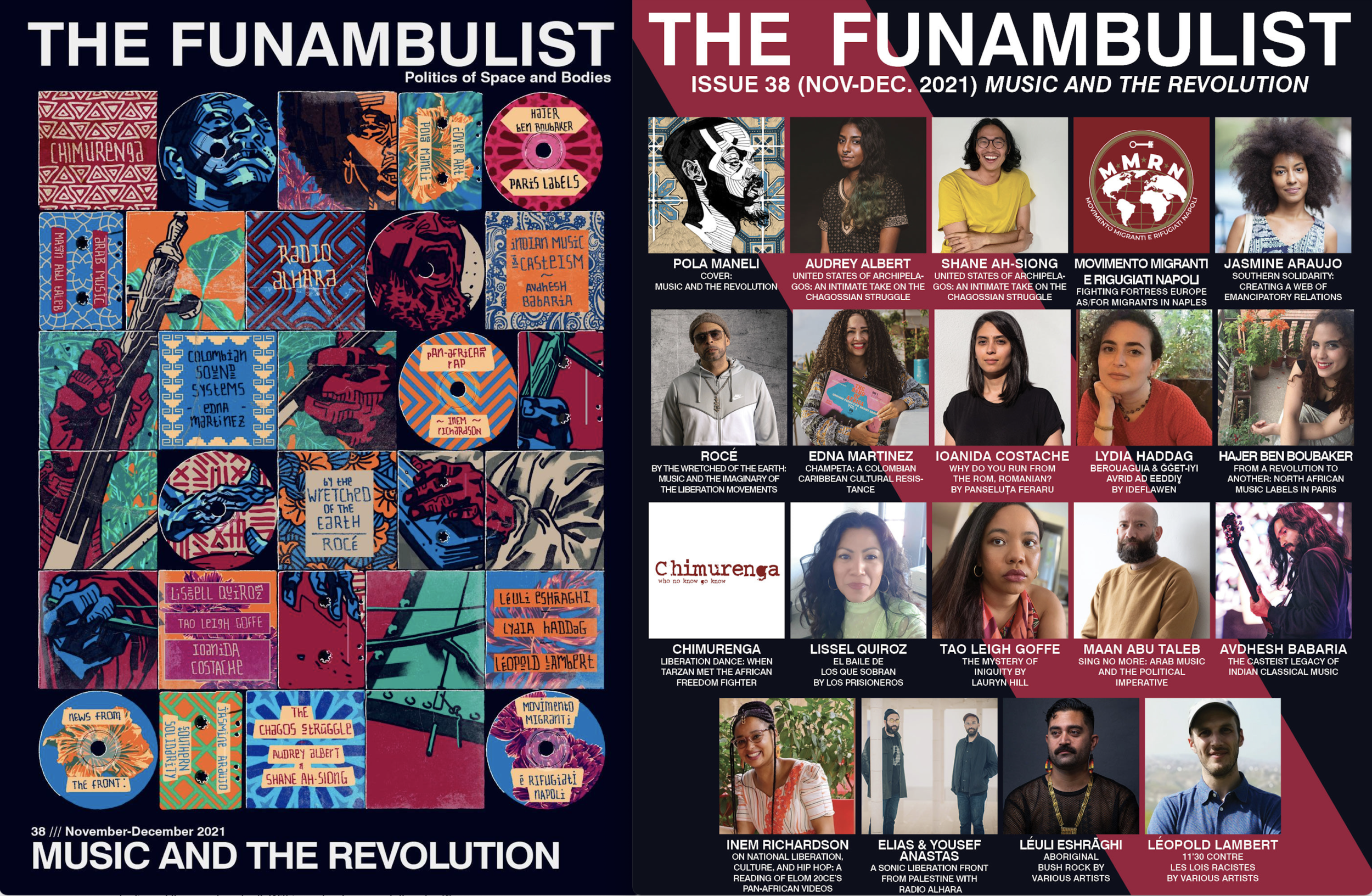Reclaiming Romani-ness
In this article, I come to the subject of Romani identity from an understanding that our racialized and gendered identities are both performed and embodied – forming part of the horizon from which we make meaning of the world. I wish to recast the discourse surrounding Romani identity as hybridized and multicultural, as well as, following Glissant, embedded into a pluritopic notion of history.
“Staging Genocide: Theatrical Rememberings of the Romani Holocaust,” co-written with Dr. Siv B. Lie, explores performance-centred efforts to remediate the erasure of Romanies from public Holocaust narratives. First, the French play Samudaripen uses aesthetic strat- egies that emphasize themes of violence and rupture in order to evoke the brutality of Romani persecution under Nazi and Vichy regimes. Second, the Romanian-Romani language theatre piece Kali Traš (‘Black Fear’) relays the story of the Romani deportations to camps in Romania in the region of Transnistria under the rule of Romanian fascist dictator Ion Antonescu. Kali Traš pushes back against the silencing of the Romani genocide by reinvigorating the counter-history of the Romani Holocaust in both informative and affectively compelling ways.
Staging Genocide
While across the Atlantic, the murder of George Floyd by Minneapolis police sparked an unprecedented reckoning in America with the country’s racist past and the enduring legacy of this history through current manifestations of systemic racism, in Europe the pandemic served as a catalyst for anti-Roma racism to resurge. This roundtable I curated for EuropeNow reflects on the glaring absence of anti-Roma racism from conversations about global white supremacy. In my contribution, I fold Romani persecution into contemporary conversations around decolonization and anti-racism. Through a comparative and global perspective that takes into account Romani abjection, this roundtable brings to light aspects of coloniality, racism, and their afterlives that otherwise go unmentioned.
Ideas of Race, Ideologies of Racism: Roma Rights in Europe During the #BLM Moment
Politics of difference
My contribution to the volume, The Romanian Problem: An analysis of Romanian Racism, titled "Politics of Difference: Roma as homo sacer within nationalist and racist public discourse, Or, Why Reifying Stereotypes is Bad,”, traces how 'orientalization' or exoticization of Romani bodies, places Roma in a socio-political position of irreducible alterity—one often promulgated through stereotypes—which renders Romani life as "bare life" (Agamben).
Romania: A Hostile home for it’s roma
A true reckoning with the history of oppression and persecution of Roma would begin to fill in the lacunae in history. It is through these cracks and fissures in a historical narrative that a truly recognizable Romani subjectivity in all its nuance and specificity is lost. And it’s precisely the lack of knowledge which buttresses the false caricatures of Roma.
Beyond Apology
An critical analysis of Pope Francis’ visit and apology to the Roma community, in which he asked "for forgiveness - in the name of the Church and of the Lord...[f]or all those times in history when we have discriminated, mistreated or looked askance at you ... and were unable to acknowledge you, to value you and to defend you in your uniqueness.”
Listening as Healing: Personal and Cultural Memory
In a keynote talk at The Power of Storytelling conference in Bucharest, Romania I spoke about listening as a mode of healing historical and personal trauma. Interweaving personal narrative and collective storytelling, this talk explores memory, history, identity and heritage, but also the cracks and fissures in the stories we tell about ourselves about our society. I ask: How do we as individuals and as a society enact the meticulous work of repairing the sinews that tie us to our personal, family and ethnic histories while also filling in the lapses in narrative that have come to define Romani people in order to heal together. View the talk here or read a version here.
Roma and the ethnicization of COVID-19 in Romania
In this Op-Ed I analyze the upsurge in hate-speech and police brutality toward Roma in European society during the COVID-19 pandemic. I argue that racist rhetoric is borne of an ideology of white supremacy in which Roma do not make up part of the nation, in fact, they threaten it, as a contagion, spoiling its purported homogeneity. Moreover, I trace the historical dimension to the current narrative around Roma, demonstrating that Romani bodies have long been considered a biological threat to the health of the body politic. I argue that the difficulties marginalized communities face across the globe—the heightened precariousness of their health and safety during this epidemic—come as a direct result of historical and racist processes. Drawing on Mbembe’s framework of Necropolitics, I ask: what will society do to render “bare-life” liveable again?
On Why I Will Never Let Identity Go
“When it comes to Roma and other racialized, minoritized groups of people, identity itself is not the problem. Roma identity is not ipso facto a constricting straight-jacket. Identity only becomes suffocating when veritable identity is replaced with stereotypes—stereotypes which do not correspond to real knowledge of a diasporic, ethnic or racialized group. Intersectional, diverse Romani identities, in the plural, and the embrace of such an identity, not rejection of identity, is the key to unlocking true liberation.”
[…]





